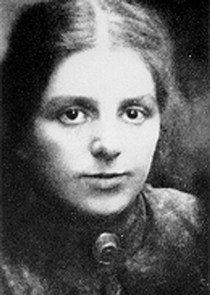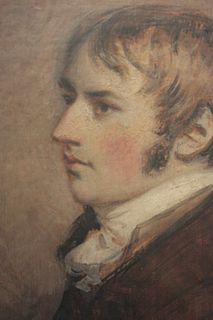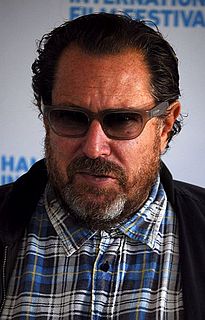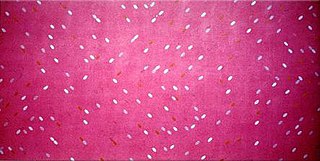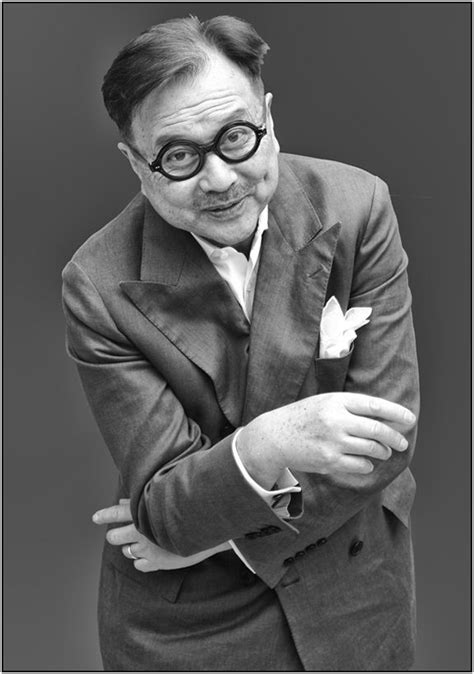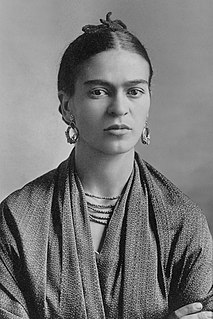A Quote by Paula Modersohn-Becker
I believe that one should not think too much about nature when painting, at least not during the painting's conception. The colour sketch should be made exactly as one has perceived things in nature. But personal feeling is the main thing.
Related Quotes
A lot of what I do is about being in the moment and I think that's hard for people to get. I like it when things suddenly affect the painting. I mix up this red and it affects the whole painting or this little bit of white falls down there, and something changes the whole nature of the thing. The residue on what happens, that's what's in the paintings.
The true essence of Chinese culture is sophistication, refinement, the spirit of poetry. The spirit of ink painting and calligraphy lives on forever. Calligraphy is more important than painting. Chinese always consider nature. Man is a very small part of nature. That's why in Chinese painting you see huge mountains and man very small, very humble before nature. You must be harmonious and one with nature. You don't fight it. And then there's a bit of a poetry. Of course, it's very complicated, but also very simple.
I believe I am looking for rightness. My work has so much to do with reality that I wanted to have a corresponding rightness. That excludes painting in imitation. In nature everything is always right: the structure is right, the proportions are good, the colours fit the forms. If you imitate that in painting, it becomes false.
I think a good painting or a good work of art does many things it wants, I mean, maybe 15 or 20 or 100. One of the things a painting does is to make the room look better. It improves the wall that it's on. Which is much harder than it looks. And that's a good thing. And if one engages with a painting on that level, that's fine, that's great. After some time, familiarity, the other things that a painting does, the other layers, they just start to make themselves felt.
All that stuff about flatness - it's this idea that painting is a specialized discipline and that modernist painting increasingly refers to painting and is refining the laws of painting. But who cares about painting? What we care about is that the planet is heating up, species are disappearing, there's war, and there are beautiful girls here in Brooklyn on the avenue and there's food and flowers.
Personally I would like to have pupils, a studio, pass on my love to them, work with them, without teaching them anything.. ..A convent, a monastery, a phalanstery of painting where one could train together.. ..but no programme, no instruction in painting.. ..drawing is still alright, it doesn't count, but painting - the way to learn is to look at the masters, above all at nature, and to watch other people painting.
... I don't think anybody should avoid mistakes. If it is within their nature to make certain mistakes, I think they should make them, make the mistakes and find out what the cost of the mistake is, rather than to constantly keep avoiding it, and never really knowing exactly what the experience of it is, what the cost of it is, you know, and all the other facets of the mistake. I don't think that mistakes are that bad. I think that they should try and not do destructive things, but I don't think that a mistake is that serious a thing that one should be told what to do to avoid it.
My paintings are well-painted, not nimbly but patiently. My painting contains in it the message of pain. I think that at least a few people are interested in it. It's not revolutionary. Why keep wishing for it to be belligerent? I can't. Painting completed my life. I lost three children and a series of other things that would have fulfilled my horrible life. My painting took the place of all of this. I think work is the best.
